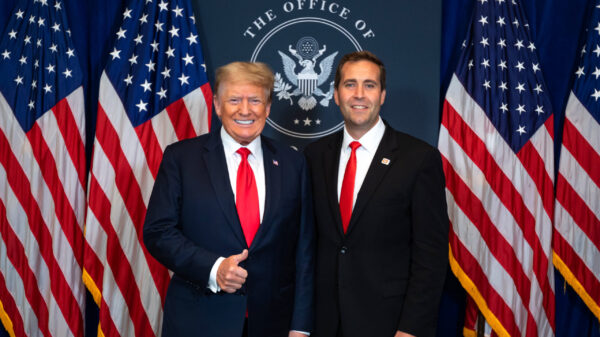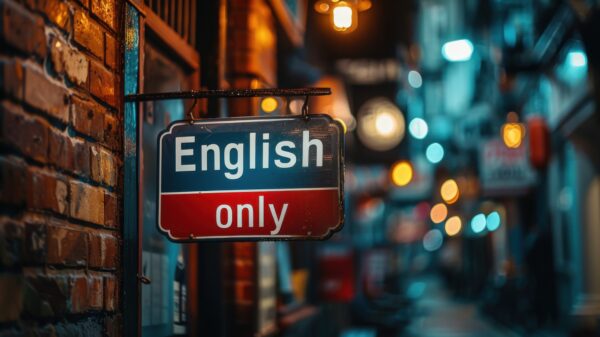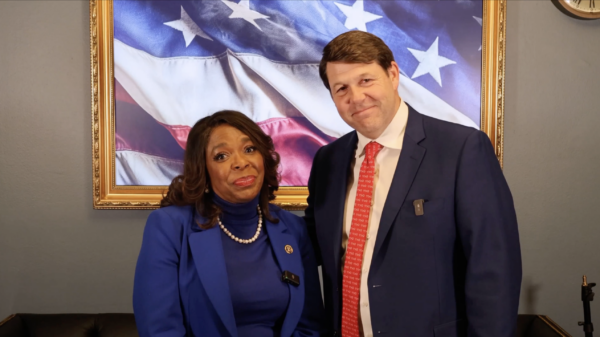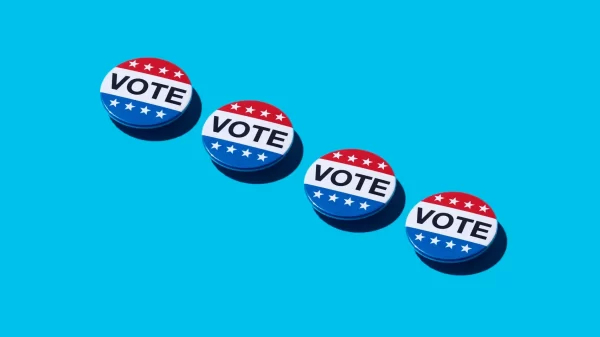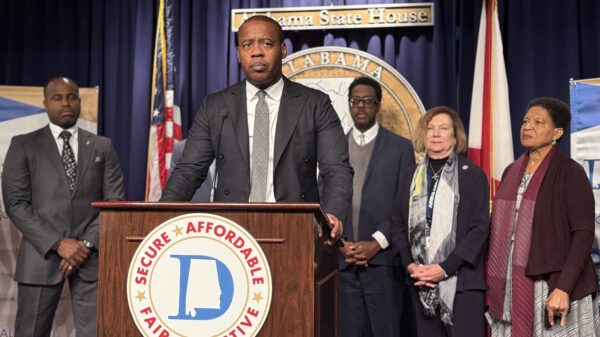Wednesday marked 12 years since the U.S. Supreme Court sided with Shelby County, Alabama, and declared the preclearance framework unconstitutional.
The preclearance formula was a portion of the Voting Rights Act that identified which states and localities with histories of racial discrimination in elections were required to obtain approval before implementing any proposed voting process changes.
“As Justice Ginsburg wrote in her famous dissent from the Shelby opinion, throwing out preclearance is like ‘throwing away your umbrella in a rainstorm because you are not getting wet,'” said Janai Nelson, president and director-counsel of the Legal Defense Fund. “And now, we are caught in the midst of a torrential downpour of voter suppression and discriminatory gerrymandering without our strongest protections, facing the biggest storm of voter rights attacks that we have seen in decades as the current administration tries again and again to undermine our sacred democratic institutions.”
In a statement on the anniversary of Shelby v. Holder on Wednesday, LDF said that the preclearance framework was arguably the most transformative piece of the Voting Rights Act.
“For nearly 50 years, preclearance helped prevent the blatant wrongs of racial discrimination in election practices before the wrongs could even occur,” Nelson said. “Twelve years after these protections were stripped away, American democracy is suffering the consequences. Black voices have been intentionally diluted at the ballot box, voter ID laws that disproportionately limit Black access to elections have been forced through legislatures, and new district maps drawn after preclearance was lifted have severely undermined Black communities’ ability to elect candidates of their choice on an equal basis as white voters.”
And Alabama, the state responsible for ending preclearance, is now making the case for why it was necessary in the first place after plaintiffs proved that the Alabama Legislature drew U.S. congressional district lines with the intent to deprive Black voters in Alabama from having the opportunity to elect the candidate of their choice.

